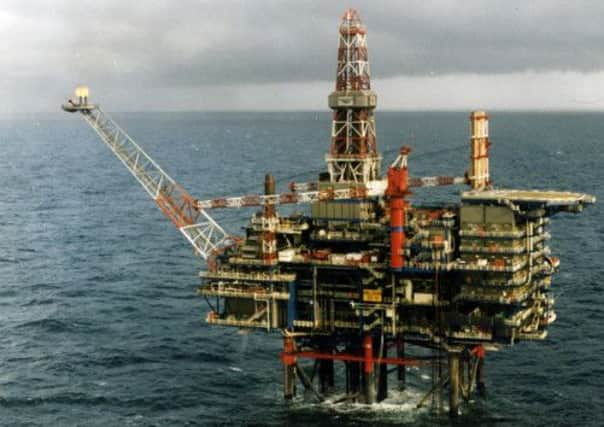Tax loophole crackdown threatens oil investment


Next year the UK government is introducing legislation to challenge arrangements by which offshore workers are paid through foreign intermediaries, allowing firms to avoid a significant bill for the employers’ version of the tax.
Accountants at BDO say the system means that, at present, the UK oil and gas sector arguably enjoys a 13.8 per cent tax advantage over other firms.
Advertisement
Hide AdAdvertisement
Hide AdBrian Lovie, pictured, director of employment taxes at BDO, said that – with production costs in the North Sea already running high – the extra tax burden could cause companies to “think again” about where they invest, especially as factors are also liable to change.
“At a rate of 13.8 per cent, the benefit is substantial when applied to the thousands of people employed offshore,” he said.
“Although the proposals could impact any UK business using employment agencies or outsourcing services involving UK resident employees where an offshore intermediary is involved, the oil and gas industry is expected to be a major target for HM Revenue & Customs (HMRC).”
The move to ensure employers’ NIC is paid comes as part of a crackdown on tax loopholes planned by Whitehall for the next financial year.
The UK oil and gas industry supports 450,000 jobs and investment is currently at a record high of more than £13.5 billion a year.
However, a recent report on the sector by industry grandee Sir Ian Wood warned that the figures mask “some serious underlying problems”.
Over the past three years, production has fallen by 38 per cent, costing the UK Treasury £6bn in lower tax receipts.
And, with 41 billion barrels of oil and gas already extracted from the UK Continental Shelf (UKCS), the industry’s glory days appear to be behind it.
Advertisement
Hide AdAdvertisement
Hide AdIt has been estimated that a further 12 billion to 24 billion barrels remain to be recovered from undeveloped reserves and fields already in production.
And Lovie cautions that, whilst oil and gas has been doing well in the North Sea for the past few years, it is subject to oil price fluctuations and any change in the financial viability for the sector can lead to rapid changes in policy.
He said: “A dip in the oil price or new technologies such as fracking that can offer greater flexibility and increased profitability may make the oil and gas exploration companies think again about the viability of the North Sea if they have to add 13.8 per cent to their UK employment costs.
“Production costs are relatively high in the UK due to increasingly difficult extraction issues but oil and gas firms have always liked the stability of the UK political regime compared with higher yield areas in Asia, for example, where extraction is riskier.”